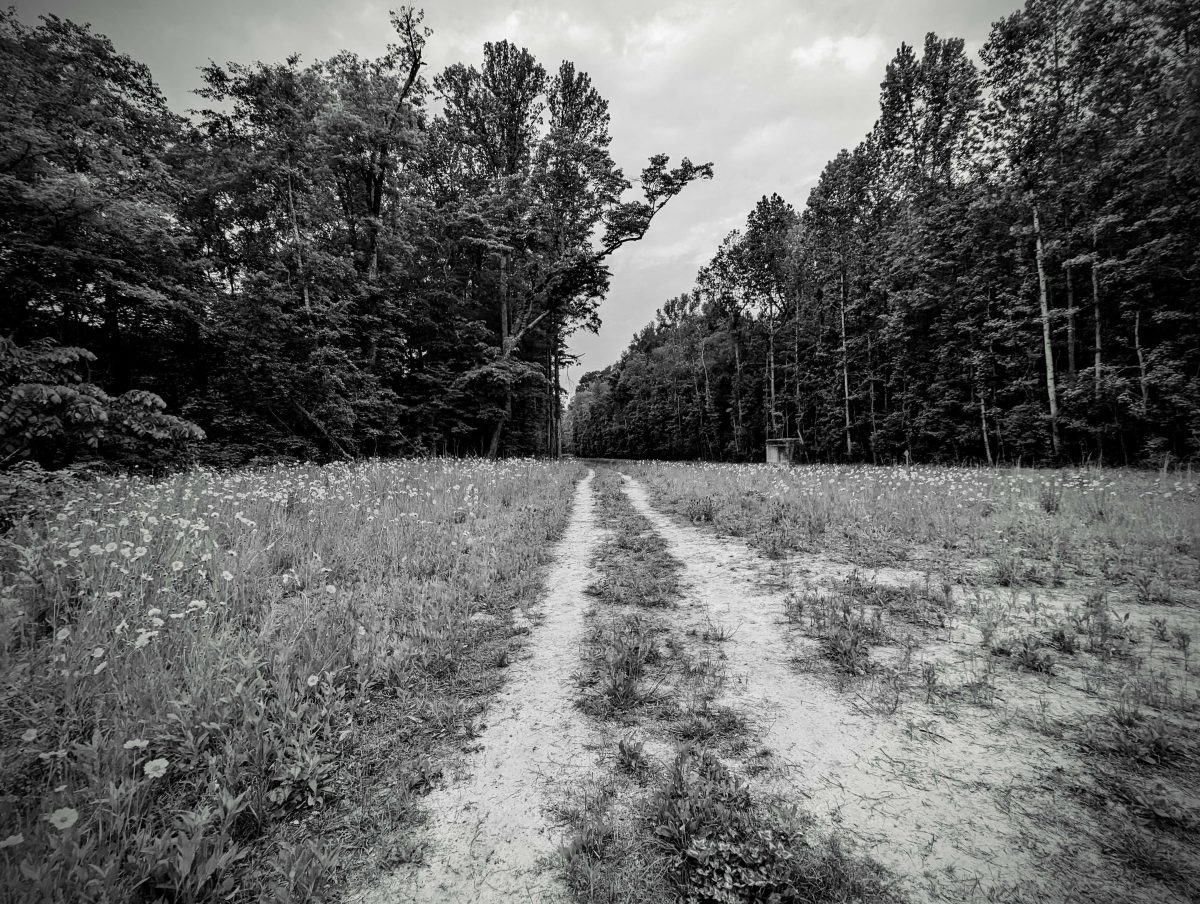Uncertainty is all around me. Not only do I not know what the day will bring, what the weather will be, or what surprises await behind every corner, but even the people I engage with! They are all unpredictable.
This is the nature of life. And while some level of unpredictability brings novelty, surprise, and excitement, too much uncertainty terrifies.
Modern life exposes me to a never ending stream of information bringing with it more uncertainty. Like the theoretical “butterfly effect,” events occurring around the world insist on proclaiming themselves to my world—whether it’s through social media, the news, or through the rapid proliferation of a novel virus literally crossing oceans in to infect my community …
Drowning in so much information paradoxically makes it harder to know what to do, what to think, how to live. What do I do about a novel virus? What do I think about the events in ________? How do I cope with knowing the suffering of human beings a world away? How do I quiet my uncertainty about the climate? About population growth? About the food that I eat?
On and on the uncertainty goes.
Today easy answers to all this uncertainty are available on demand. But there’s a problem. A decade ago I wondered about the problem of “confirmation bias”—that Google offered a way to confirm whatever strange idea I had. Today, I need not wonder. You can find any answer to life’s most uncertain questions. The right diet? Find an army of people who proclaim “_____ is the way, the truth, the light!”
Answers to uncertainty are everywhere and everywhere they contradict. See the people who are vehemently pro-[______], and see their enemies who are as dogmatically anti-[______]. Both sides, all sides, believe they know the truth. They believe with absolute certainty.
And so much certainty leads to more uncertainty.
The dogmatism cannot be trusted because paradoxically it is a sign of uncertainty. No one rages about what’s true. What’s known as true is not up for passionate debate.
What’s true is apparent. What’s true is certain.
So the dogmatism is a sign. It’s a sign many are now controlled by a dependency—the need to be certain.
So it is that desiring certainty goes from a natural, useful tendency to something more pathological.
And the pathology is now cultural. Modern man believes he can solve the riddles of reality. What can’t science tell us about the world? The universe?
Don’t adhere to a scientific world? That’s okay: What does your preferred God tell you is the answer?
Priests, experts, research, religion, answers, dogmatism … as far as the eye can see. If you want answers, you will find them.
What will make you happy? You do not know. But if you insist, someone, some product, some way to know will present itself, and you will accept it. Because you need to know.
How do you manage uncertainty? At the core, living in a world where you don’t have the answers, where we can’t know the answers, where the answers so strongly believed are probably—certainly—not the right answers …
How do you live this way?
And if you opt for certainty, the certainty of some system, what do you give up along the way?
